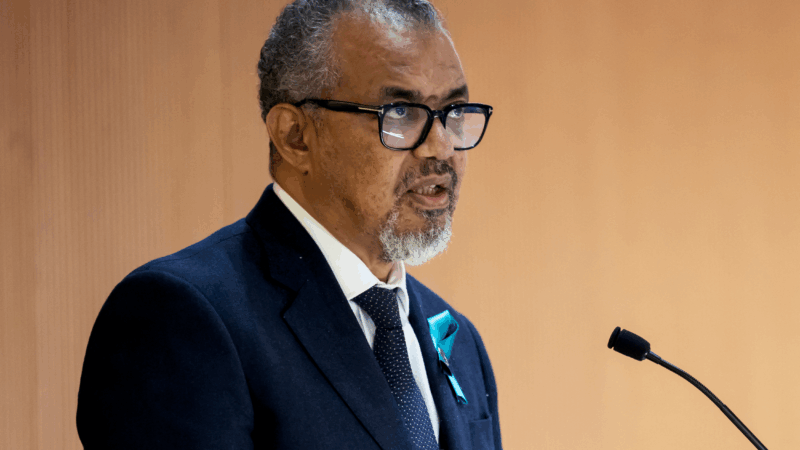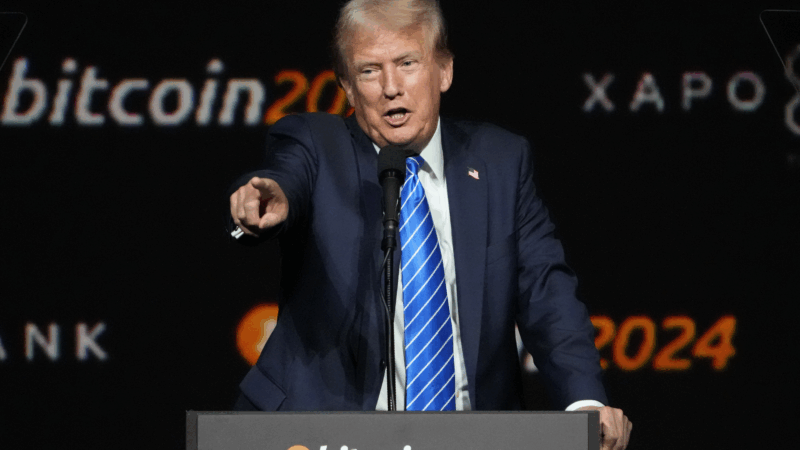The world now has its first ever pandemic treaty. Will it make a difference?
Member states of the World Health Organization voted overwhelmingly to adopt the first ever pandemic agreement, a treaty aimed at preventing, preparing for and responding to any future pandemic. After three years of tough negotiations, no country voted against the agreement at WHO’s annual meeting. (The United States did not attend this meeting because of President Trump’s intent to withdraw from WHO membership.)
“The world is safer today thanks to the leadership, collaboration and commitment of our Member States to adopt the historic WHO Pandemic Agreement,” said Tedros Adhanom Ghebreyesus, WHO Director-General, after the vote.
“The Agreement is a victory for public health, science and multilateral action. It will ensure we, collectively, can better protect the world from future pandemic threats. It is also a recognition by the international community that our citizens, societies and economies must not be left vulnerable to again suffer losses like those endured during COVID-19.”
The 30-page treaty lays out a framework for preventing pandemics from even starting — by boosting surveillance of animals to lower risk of viruses spilling over to humans — as well as responding more effectively once pandemics do come, for example by providing protective equipment to health care workers and aligning regulatory systems to help expand access to treatments.
Yet the agreement’s ultimate impact remains unclear, especially since it lacks enforcement mechanisms and robust funding. President Trump’s planned withdrawal from WHO means the U.S. — which helped draft the treaty and is historically the biggest WHO funder — is not part of it, which could further weaken its power.
Additionally, countries kicked the can on sorting out the most contentious details. Over the next year, delegates must decide how wealthy countries will share tests, vaccines, treatments — and the technology behind them — with lower income countries in exchange for the data required to develop those interventions, including genetic sequencing of pathogens. The agreement outlines a goal of having pharmaceutical companies donate or make more affordable 20% of the pandemic products they produce.
Before the treat goes into effect, 60 countries must ratify the agreement internally — an in-country vote. That’s a process that could drag on for over a year. But even with those uncertainties, many health officials praised the agreement.
“It is a huge milestone, and the beginning of a longer process that is really about building those capacities, and building trust and cooperation,” said Alexandra Phelan, a global health lawyer at the Johns Hopkins Center for Health Security. “You don’t want to put too much weight on a document, essentially, but for me it’s a bit of a glimmer in the darkness. We should take hope from the fact that countries didn’t abandon this process when there were many opportunities for them to do so.”
In this Icelandic drama, a couple quietly drifts apart
Icelandic director Hlynur Pálmason weaves scenes of quiet domestic life against the backdrop of an arresting landscape in his newest film.
After the Fall: How Olympic figure skaters soar after stumbling on the ice
Olympic figure skating is often seems to take athletes to the very edge of perfection, but even the greatest stumble and fall. How do they pull themselves together again on the biggest world stage? Toughness, poise and practice.
They’re cured of leprosy. Why do they still live in leprosy colonies?
Leprosy is one of the least contagious diseases around — and perhaps one of the most misunderstood. The colonies are relics of a not-too-distant past when those diagnosed with leprosy were exiled.
This season, ‘The Pitt’ is about what doesn’t happen in one day
The first season of The Pitt was about acute problems. The second is about chronic ones.
Lindsey Vonn is set to ski the Olympic downhill race with a torn ACL. How?
An ACL tear would keep almost any other athlete from competing -- but not Lindsey Vonn, the 41-year-old superstar skier who is determined to cap off an incredible comeback from retirement with one last shot at an Olympic medal.
Trump promised a crypto revolution. So why is bitcoin crashing?
Trump got elected promising to usher in a crypto revolution. More than a year later, bitcoin's price has come tumbling down. What happened?







